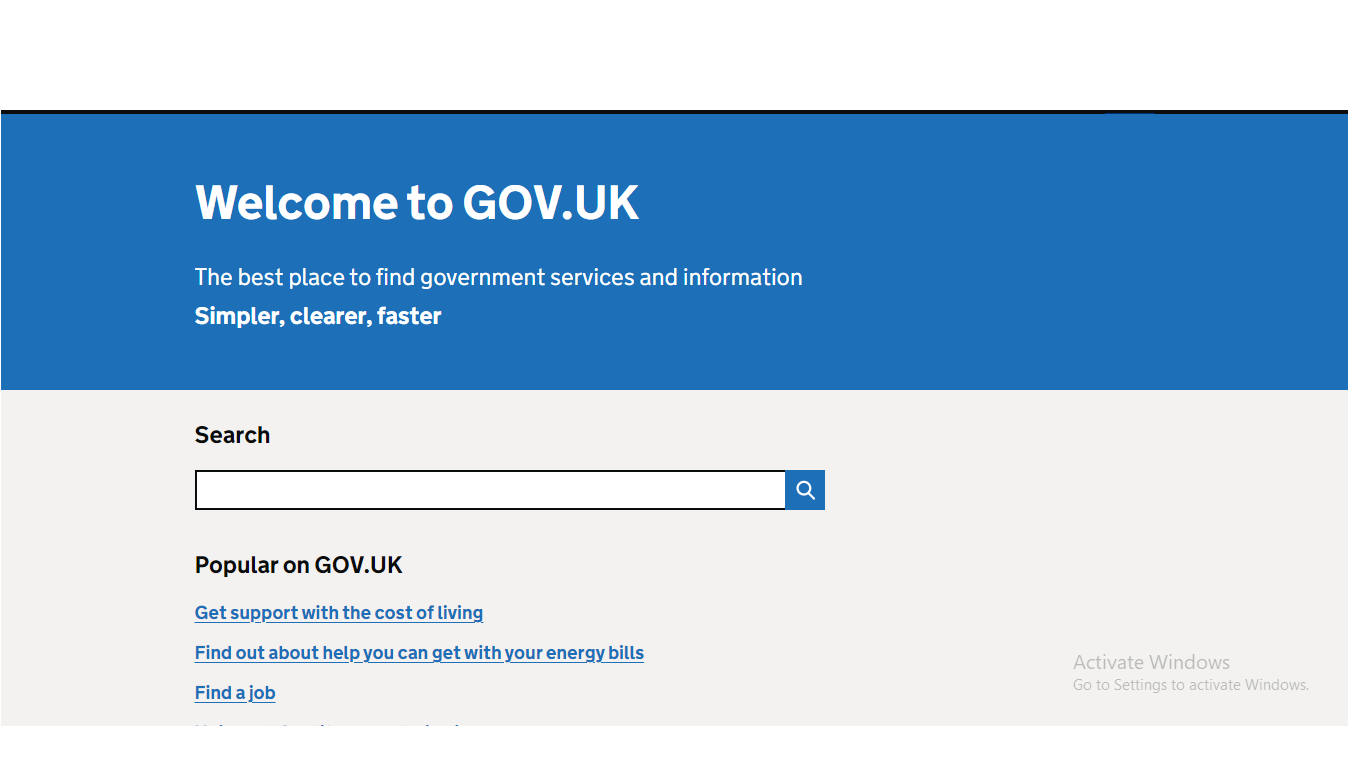Germany is one of the top destinations for many Nigerians, especially students who would love to further their education. In terms of education and standard of living, Germany is one of the best among all European countries, and its economy is a highly developed social market economy. Per our research, It has the largest national economy in Europe.
The type of visa to be issued to you depends on the reason behind your visit to the country, and we will discuss the various types of visas available and how to obtain them.
Reasons Why People Move From Nigeria To Germany
Below are some of the common reasons why Nigerians or other foreigners move to Germany:
- To Study
- To Work
- For Tourism
- For Marriage purposes
Visas That Can Be Issued For Those Who Want To Move From Nigeria To Germany
Firstly, note that as a Nigerian, it is mandatory to possess a visa before you can be granted access to Germany, regardless of the time you plan on spending in the country. Various types can be issued, but we have limited them to those who want to work, visit, or study in the country. The standard visa types being issued by the consulate include:
- Work Visa: This visa is issued to those who intend to work and live in Germany. The various categories of this visa include:
- Blue Card: This permit is issued to those with a University degree and have a job offer that pays 58,400 euros. To be eligible, you must meet the following:
- Have a degree from a German University or a foreign equivalent degree.
- Must have secured a job in Germany
- The position you secured must meet your qualifications.
- The job should pay you an annual salary of at least 58,400 euros before taxes are deducted, except for the following professions: physicians, engineers, natural scientists, mathematicians, and IT, which require you to possess an annual salary of at least 45,552 euros.
- Those who have a University degree and have secured a contract job
- Those who have secured a job with a degree that is partially recognized: This category can continue with their studies once they move to Germany.
- Academic & Non-Academic Job Seekers: With this visa, you can stay for six months looking for a job, and once you find it, you will be issued a residence permit. Academic job seekers must possess a degree, while non-academic seekers do not necessarily have to own one.
- Study Visa: A visa issued to an international student who meets the following conditions:
- Have secured admission to a German University
- Have not secured admission yet but will have to prove that you have enough funds to support yourself
Another common reason why people move to Germany is either because of marriage or because they want to join their loved ones. If you’re moving for marriage purposes, you must be above 18 and must be able to prove that you have what it takes to cater to your needs alongside your partner.
How To Obtain A Residence Permit In Germany
A residence permit is needed if you want to stay in Germany for an extended period. Below are some of the documents that would be requested before you can be issued a permit:
- Passport
- Biometric passport photo
- Filled in the application form
- Proof that you can cover your living expenses,
- Documents related to the reason behind your entry to Germany, like an admission letter, employment letter, or marriage certificate.
How To Apply For A German Visa From Nigeria
You can apply for a visa at the German consulate in Nigeria, either in Lagos state or Abuja. Once you visit there, you must pay a verification fee of ₦180,000. Still, those who reside in the following northern states(FCT, Niger, Kwara, Kogi, Nassarawa, Benue, Taraba, Plateau, Adamawa, Gombe, Bauchi, Kaduna, Zamfara, Kebbi, Sokoto, Katsina, Kano, Jigawa, Yobe, and Borno) will have to pay ₦250,000.
CONCLUSION
As a Nigerian, possessing a visa before you can enter Germany and a residence permit if you plan on residing there for a long. Go through each visa type and read more about the various types of visas here.
